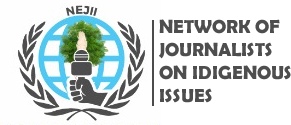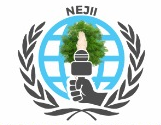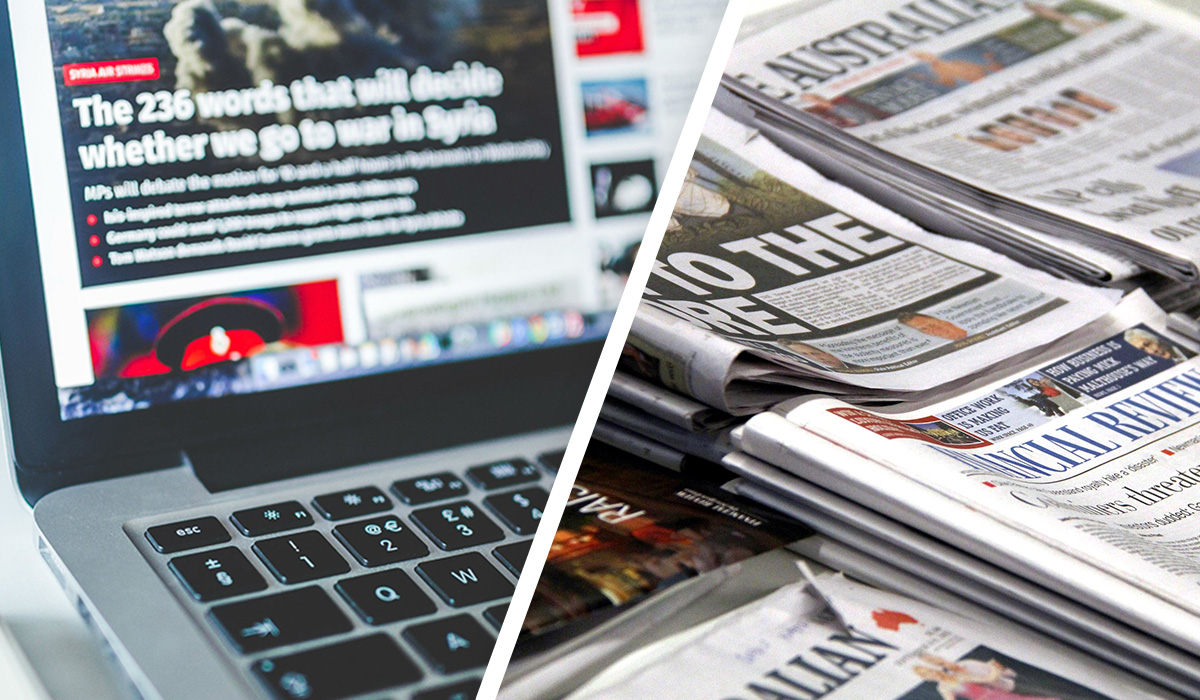A non-governmental organisation, the Network of Journalists on Indigenous Issues (NEJII), has unveiled a 15-month campaign aimed at amplifying the voices of Abuja’s Original Inhabitants and addressing decades of systemic marginalisation by the region’s first settlers.
The initiative, supported by the MacArthur Foundation through the Resource Centre for Human Rights and Civic Education (CHRICED), seeks to reposition indigenous issues at the forefront of national discourse by equipping journalists with the tools to report ethically and accurately on indigenous rights, land justice, and cultural identity.
At the core of the project are workshops for journalists in Abuja and Lagos, the development of a training manual, production of IEC (Information, Education and Communication) materials, and advocacy visits to indigenous communities and key policymakers aimed at driving policy reform and greater inclusion of indigenous voices in Nigeria’s development agenda.
NEJII National Coordinator, Mr. Adewale Adeoye, described the campaign as a critical step toward giving a platform to the silenced communities. “This initiative is about empowering the media to bring indigenous struggles into public view and advocating justice. Indigenous inclusion is not optional—it is a democratic and developmental imperative,” he said.
According to the NEJII, Abuja’s Original Inhabitants—including the Gbagyi, Gwandara, Gade, Ebira, Ganagana, Koro, Nupe, and others—have faced various injustice, including land dispossession, forced displacement, limited access to basic services, and exclusion from political and economic opportunities. These challenges are further compounded by insecurity and environmental degradation.
Nigeria is a signatory to several international treaties, including the International Labour Organisation (ILO) Convention 169, which obligates states to protect indigenous rights. NEJII emphasised the need for constructive media engagement to reframe indigenous narratives within historical and legal contexts.
The organisation called on civil society, government institutions, and the international community to support the campaign and commit to policies that uphold the dignity and rights of Abuja’s indigenous populations.
Source: The Nation


